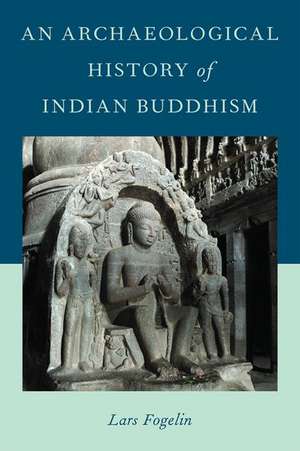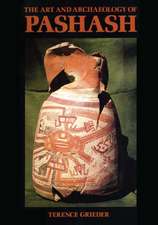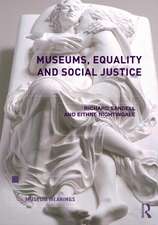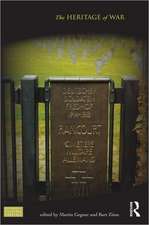An Archaeological History of Indian Buddhism
Autor Lars Fogelinen Limba Engleză Paperback – 16 apr 2015
| Toate formatele și edițiile | Preț | Express |
|---|---|---|
| Paperback (1) | 333.66 lei 31-37 zile | |
| Oxford University Press – 16 apr 2015 | 333.66 lei 31-37 zile | |
| Hardback (1) | 760.20 lei 31-37 zile | |
| Oxford University Press – 25 iun 2015 | 760.20 lei 31-37 zile |
Preț: 333.66 lei
Nou
Puncte Express: 500
Preț estimativ în valută:
63.84€ • 66.66$ • 52.72£
63.84€ • 66.66$ • 52.72£
Carte tipărită la comandă
Livrare economică 04-10 aprilie
Preluare comenzi: 021 569.72.76
Specificații
ISBN-13: 9780199948239
ISBN-10: 0199948232
Pagini: 264
Ilustrații: With illustrations
Dimensiuni: 155 x 231 x 15 mm
Greutate: 0.43 kg
Editura: Oxford University Press
Colecția OUP USA
Locul publicării:New York, United States
ISBN-10: 0199948232
Pagini: 264
Ilustrații: With illustrations
Dimensiuni: 155 x 231 x 15 mm
Greutate: 0.43 kg
Editura: Oxford University Press
Colecția OUP USA
Locul publicării:New York, United States
Recenzii
provide[s] a fascinating complement to prior understandings of the development, ascendance, and eventual decline of this major world religion in India. Lars Fogelin's clear and informative book will appeal to scholars and enthusiasts alike, and it is a prime exemplar for archaeological studies of long-term religious change.
this book provides a useful overview of the development of Indian Buddhism from an archaeological perspective
this book provides a useful overview of the development of Indian Buddhism from an archaeological perspective
Notă biografică
Lars Fogelin is Associate Professor of Anthropology at the University of Arizona. He is the author of Religion, Archaeology, and the Material World as well as Archaeology of Early Buddhism.















